Lessons
Our series are curated collections of lessons that walk through a specific topic from beginning to end. Series are a great way to learn a topic in a structured way.
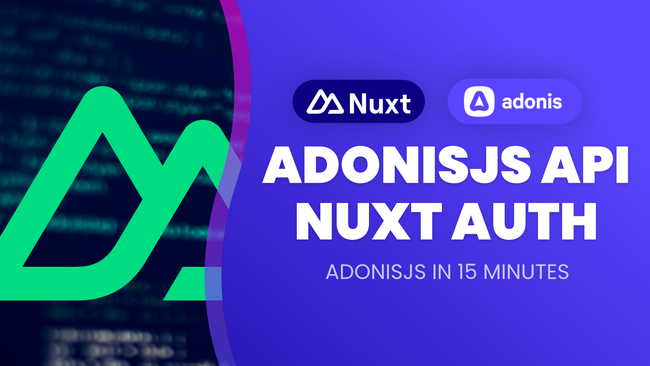

AdonisJS In 30 #4.0
AdonisJS 5 API & Nuxt 3 SSR Authentication in 15 Minutes
In this lesson, we’ll learn how to set up authentication in an AdonisJS API application while using server-side rendered (SSR) Nuxt 3 as our front end.
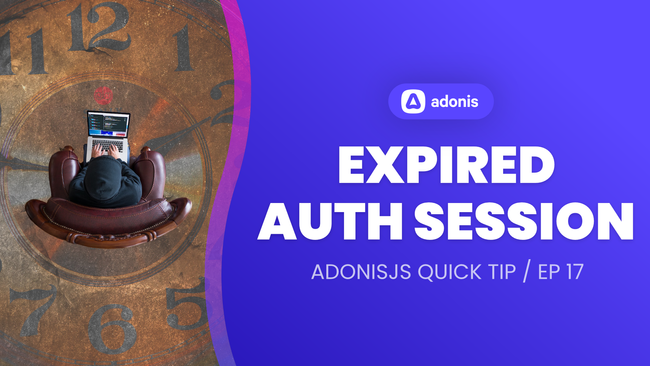

AdonisJS Quick Tip #16.0
Gracefully Checking and Handling An Expired Auth Session
In this lesson, we’ll take a look at how to gracefully reset the user’s stale session, which includes authentication, CSRF tokens, or anything else you may have set for the user.
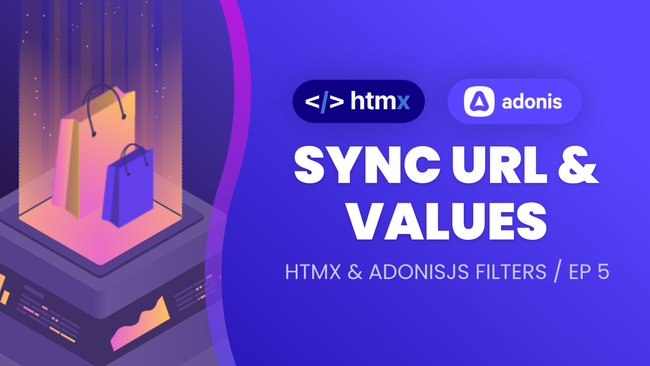

Updating Our URL & Populating Filter Field Values
In this lesson, we'll learn how we can use HTMX to easily update our URL via our AdonisJS response. Then, we'll use our URL's query string to pre-populate our filter form field values.


Posting & Swapping Filtered Content with HTMX
In this lesson, we'll utilize the filter form handler we defined in our last lesson by adding an HTMX post handler to our filter form that will retrieve the filtered results HTML and swap it with the pre-existing results.
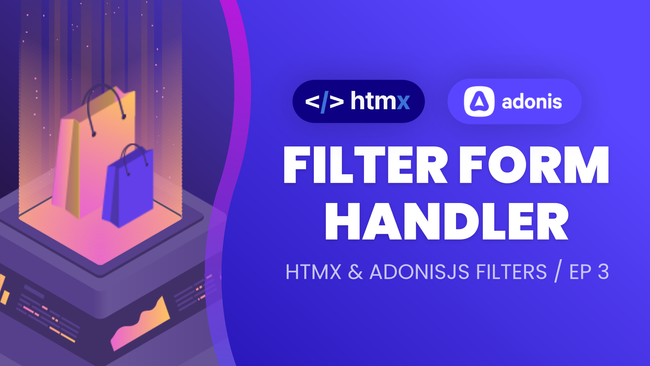

Defining Our AdonisJS Filter Form Handler
In this lesson, we'll expand on the filter query we built in the last lesson by reusing the query within a service for our filter form handler.
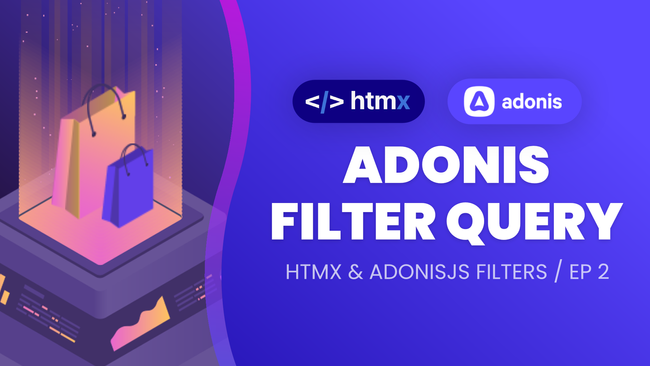

Creating Our Filter Query with AdonisJS
In this lesson, we'll create the route and query we'll need to get filtered results with our filter form using the Lucid ORM and AdonisJS.
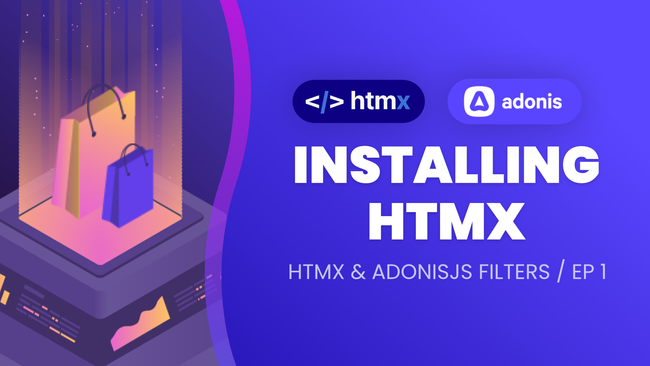

Installing HTMX & Project Overview
In this lesson, we'll briefly outline the project structure and then install HTMX inside our project.
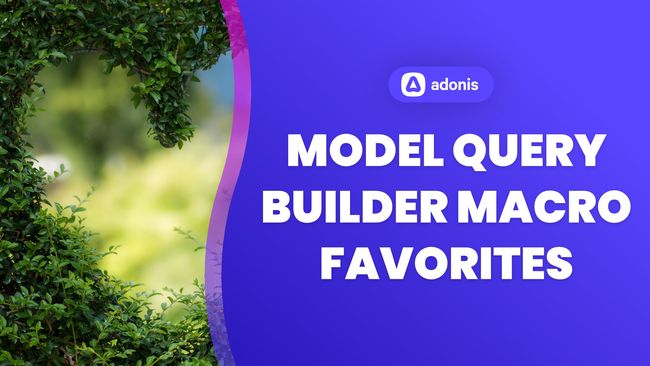

AdonisJS Quick Tip #15.0
Exploring My Favorite AdonisJS Model Query Builder Macros: Tips and Examples
In this lesson, I'll highlight a few of my favorite Model Query Builder Macros that I carry with me from project to project. Have a favorite of your own? Let me know in the comments!
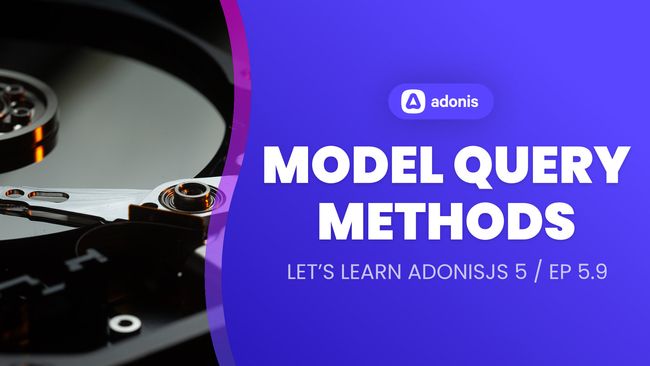

Easy Querying with Static Model Query Methods
In this lesson, we'll learn what static methods are available on our Lucid Models to help us easily query records from our database. These methods offer a convenient query option compared to the query builder.
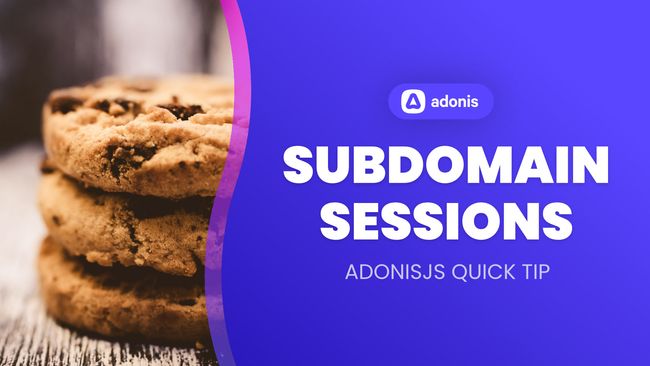

AdonisJS Quick Tip #14.0
How To Seamlessly Share AdonisJS Sessions & Authentication Across Subdomains
In this lesson, we'll learn how one simple tweak to our AdonisJS project allows us to seamlessly share sessions and user authentication across multiple subdomains, as well as our application's primary domain.
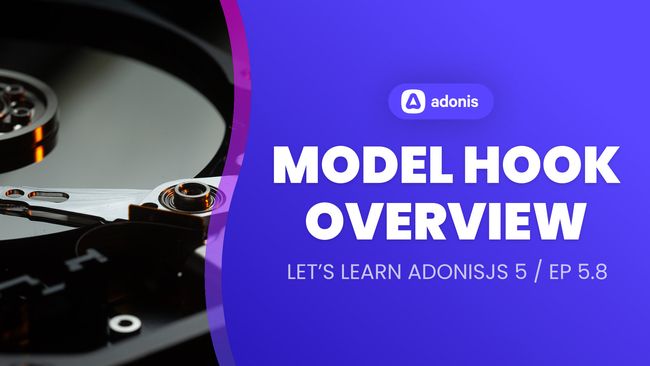

Password Hashing & Model Hook Overview
In this lesson, we'll learn briefly about the model hooks available and how they work. Then, we'll walk through an example by hashing our password anytime it is changed.
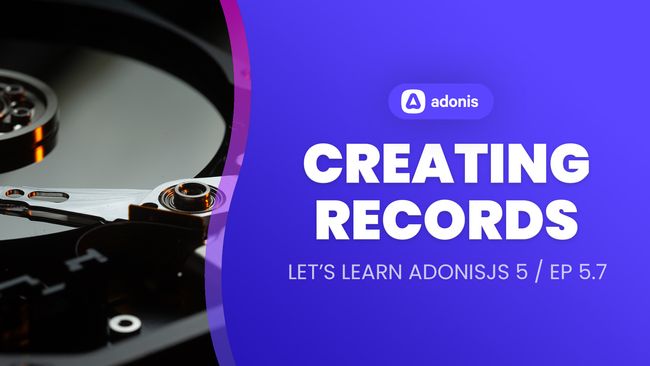

Creating Records with Lucid ORM
In this lesson, we'll learn various ways we can create and bulk-create records using the AdonisJS Lucid ORM.
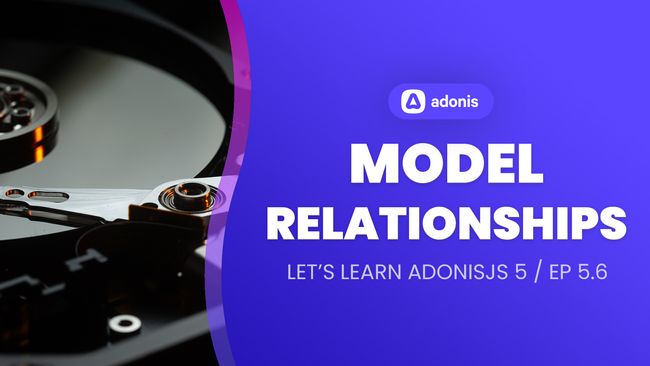

Defining Model Relationships
In this lesson, we'll learn how to define relationships on our Lucid Models. We'll cover one-to-one, many-to-one, one-to-many, and many-to-many relationship definitions.
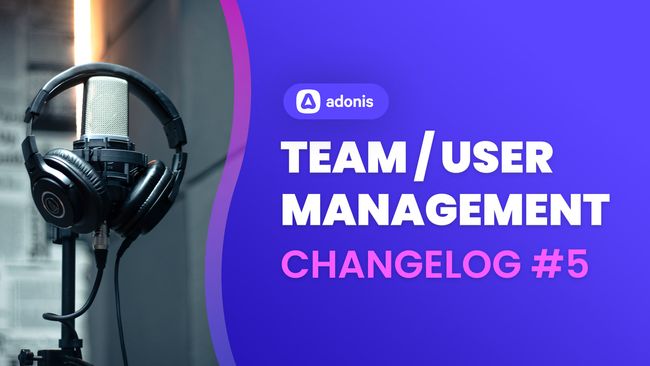

Team / User Management
In this stream, we'll add the ability for admins to invite others to their team. They'll be able to either invite them as a member or another admin.
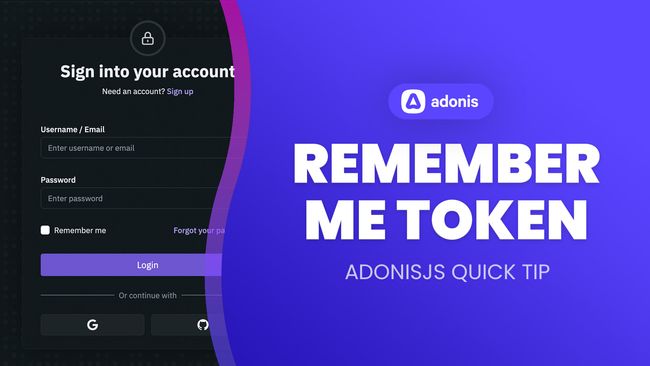

AdonisJS Quick Tip #13.0
Remember Me in AdonisJS Authentication
In this lesson, we'll take a look at how to remember the user's authentication session in AdonisJS Auth. We'll learn how to define the remember me checkbox within our form and more.
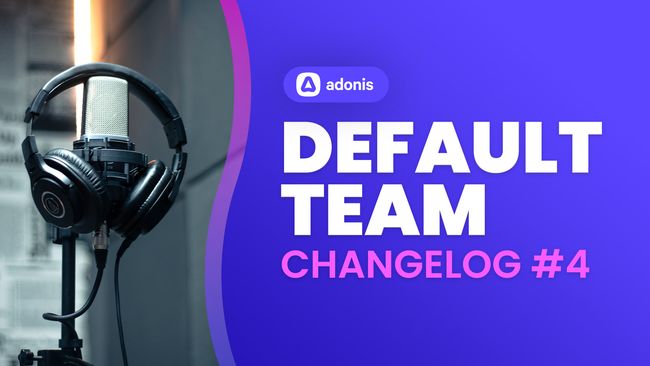

Creating Teams & Setting Default Team
In this stream, we'll be adding the ability to create new teams, set the default team for a user when they switch between teams, and auto-forward users to their default team after login.
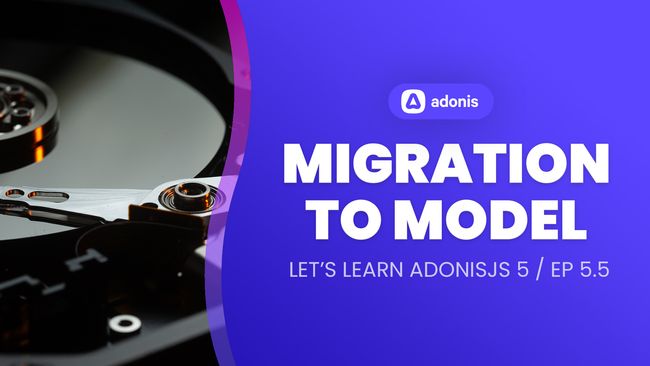

Database Migrations To Lucid Models
In this lesson, we'll walk through examples of transferring our database migrations into our Lucid Models. This will pave the way for us to begin CRUD operations in later lessons.


Database Schema to Migration
In this lesson, we'll walk through a real-world example of a database schema and how to create migrations. We'll define each table's columns, primary keys, and foreign keys.
Showing 325 to 342 of 445 results